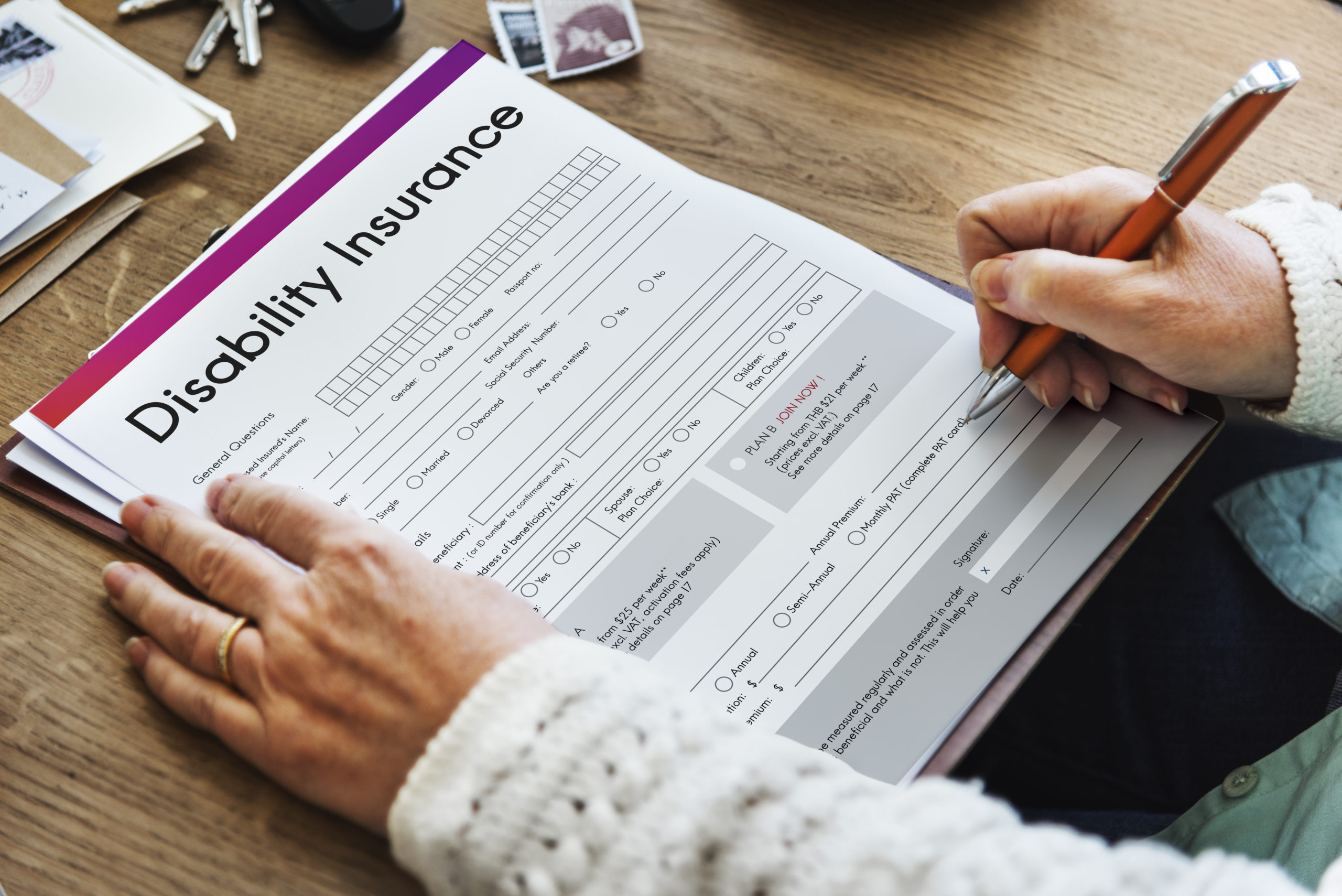Plaintiff’s Duty to Mitigate Damages
When somebody is injured through the negligence of somebody else, what happens? The injured person may have an obligation to minimize the effects related to their injuries, which could include seeking other employment or retraining if they have to seek other working duties. A defendant may try to reduce the amount of damages that can be received. They do this by showing that the plaintiff failed to take reasonable steps to reduce his or her loss following the injury.
The injured plaintiff has an obligation to mitigate damages. Even in a case where a person suffers personal injury through no fault of his or her own, they still have an obligation to take reasonable steps to avoid further loss. “Mitigation of damages” denies a personal injury plaintiff the right to recover that part of his or her damages. An injured person must act in due diligence when they are selecting a doctor or treatment provider for their injuries, and also in seeking other employment.
What if I Choose to not Have Surgery?
In some cases, depending on the injury, the injured person’s doctor may recommend surgery as a method to treat the injury. Sometimes, however, the person may choose not to have the surgery – which is fine, nobody can make you consent to it. However, then you must remember that you may not be able to recover all the damages you had hoped for. Most of the time, suggested surgery could greatly help a person avoid or significantly lesson the trauma of an injury. A plaintiff will not be able to claim damages for a permanent injury if the permanency of the injury could have been avoided by submitting to surgery. An injured person is not required to undergo surgery that is more than just routine; however, an injured person is also not required to undergo a major or serious surgical operation that may carry permanent risks.
What if I Fail to Seek Medical Attention?
What else can reduce a person’s recovery potential? It could be reduced if an injured person fails to see a doctor in a prompt or timely manner for their injuries. Where the nature of an injury is obvious, an injured person must act in a reasonably prompt manner. If not, damages will not be allowed where there is proof that the delay may have contributed to the overall injury.
What if I Fail to Seek Employment?
Injuries can keep some people from working in their line of employment but will not make it impossible to work in other areas of jobs. These people cannot sit idly by and watch their losses grow in anticipation of receiving further damages. If they make no effort to obtain such work, then they may lose the recovery they thought they were initially entitled to. If a person fails to appear at job interviews that are acceptable to their lifestyle and is unwilling to accept employment, then they will not recover fully.
In Some Cases, the Plaintiff’s Lawsuit Was Filed Too Late.
Sometimes, the statute of limitations comes into play. The statute of limitations refers to the state law that identifies the amount of time a plaintiff can wait before filing a lawsuit. In many states, the limitations are one year from the date of the accident or injury. It is an “absolute bar” defense, which means that if the defendant’s argument is accepted by the court, the plaintiff’s lawsuit will be dismissed altogether.

















